

When I started my career I loved doing the work, but I was always afraid to ask questions. I just wanted to jump right on to the tools quickly because that's where I felt comfortable and safe. I felt like it wasn’t my place to ask questions, as I wasn’t a senior. Just do what I’m told, I thought to myself. But the problem with that was I didn’t have all the info I needed to do my job to the best of my ability.
Internal dialogue from my junior designer days
It went something like this. *Cue internal dialogue* Hm...I think I get it. Better not ask stupid questions or I might look dumb. Hmm….not sure what they said there but maybe I’ll just review it again back at my desk. Oh no..just missed what the client said there, damn better not ask them to repeat themselves. Don’t look like you’re not paying attention! And don't look dumb!*End internal dialogue. It’s here that I feel like grabbing my younger self and say “Dude just f*cking ask!!” Take the guess work out and learn to ask questions.
When I became a Creative Director – the best designers I’d ever worked with, scratch that, the best people I’d ever worked with not just designers, always asked questions. Even when they asked so called “dumb” questions, I never thought they were “dumb at all”.
Quite the opposite, I just knew that they were diligent. Even if it may be obvious, being proactive and asking a lot of questions means you won’t leave any stone unturned. To me that just seemed detail oriented rather than just action on misinformed assumptions. And it’s particularly important when you didn’t understand it the first time round. This is an extremely valuable lesson that I learnt along the way.
It's better to use 5 mins to ask a question and get clarity, than it is to work off of an assumption and waste days to weeks.
The power of asking applies to more than just asking questions about our immediate work
It applies to lots challenges that we face as a designer and in our everyday lives. Things that are just slightly out of our comfort zones. Like asking for a payrise. Asking for design feedback early on. Asking for a partnership. Asking for mentorship. Asking users what they think, feel, see and do. For example:
Recently I asked my readers about a new project I was thinking of launching called Vault – a repository of my main design resources over the years. I asked for product interest and in effect product validation. Was there a market for this? Did people want it? Rather than make assumptions, and guess, I politely asked if there was interest. In the end the response was a resounding yes. So I went ahead and started working on the project.
Because sometimes we won’t know until we ask
The outcome is binary. We tend to let bad self talk stop as from asking for what we want/need– “I don’t want to appear stupid”, “I don’t want to face getting rejected” or “they’ll probably say no anyway”. We assume things and make our self talk seem factual, when in reality it is not. Sometimes we just need to simply practice the art of asking.
Now asking politely and nicely is NOT the same as demanding. Asking is friendly, it’s affirmative but unlike demanding we don’t expect people to say yes. We don’t get pissed when it doesn’t have an outcome we expect to happen. Asking is simply a means of getting feedback.
The key to asking the right way is to learn to give a lot first
Be generous with your time, knowledge and efforts. Only then when you ask are people more than happy to help you or just to listen.
So next time you want to understand or achieve something try by simply asking. Have the courage to find your voice. Ask for that payrise. Ask for that interview at a dream job. Ask questions. Ask for feedback. Ask to find the possibilities because the worse case is a ‘no’ and the best case is a ‘yes’.
Asking seems daunting but it’s powerful because it frees you from the dreaded ‘what if?’
Key takeaways
- Learn to ask questions
- Ask for a pay rise. Ask to work for somebody. Ask for mentorship.
- Asking is not the same as demanding, it is a means of confirmation and getting feedback
- Worst case is someone says ‘NO’, but you won’t know if you don’t ask. If you don't ask it’s always a 100% no, where as is if you ask you’ve upped your odds by having a potential for a yes. The more ask you the more chances you get to get a resounding yes!


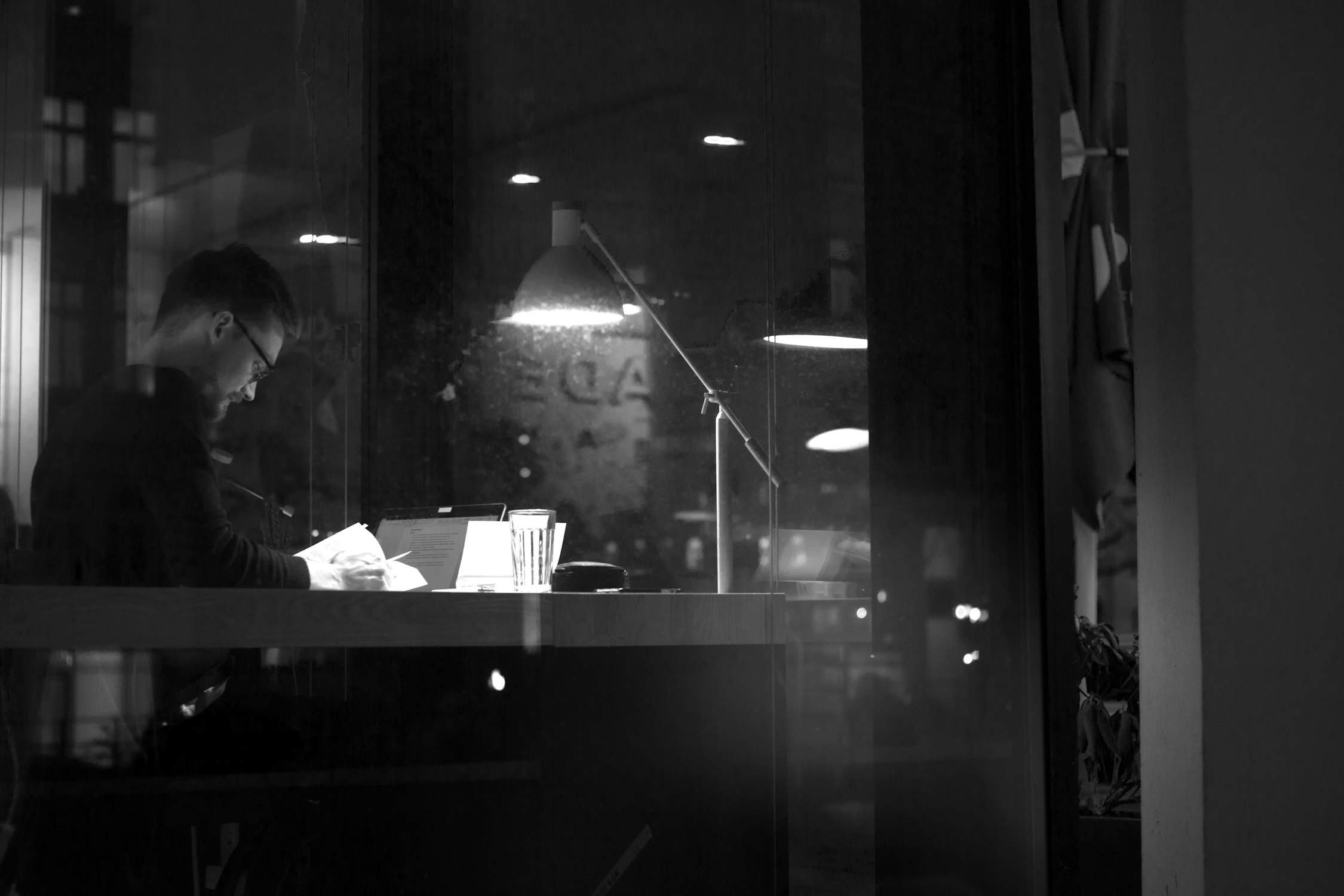
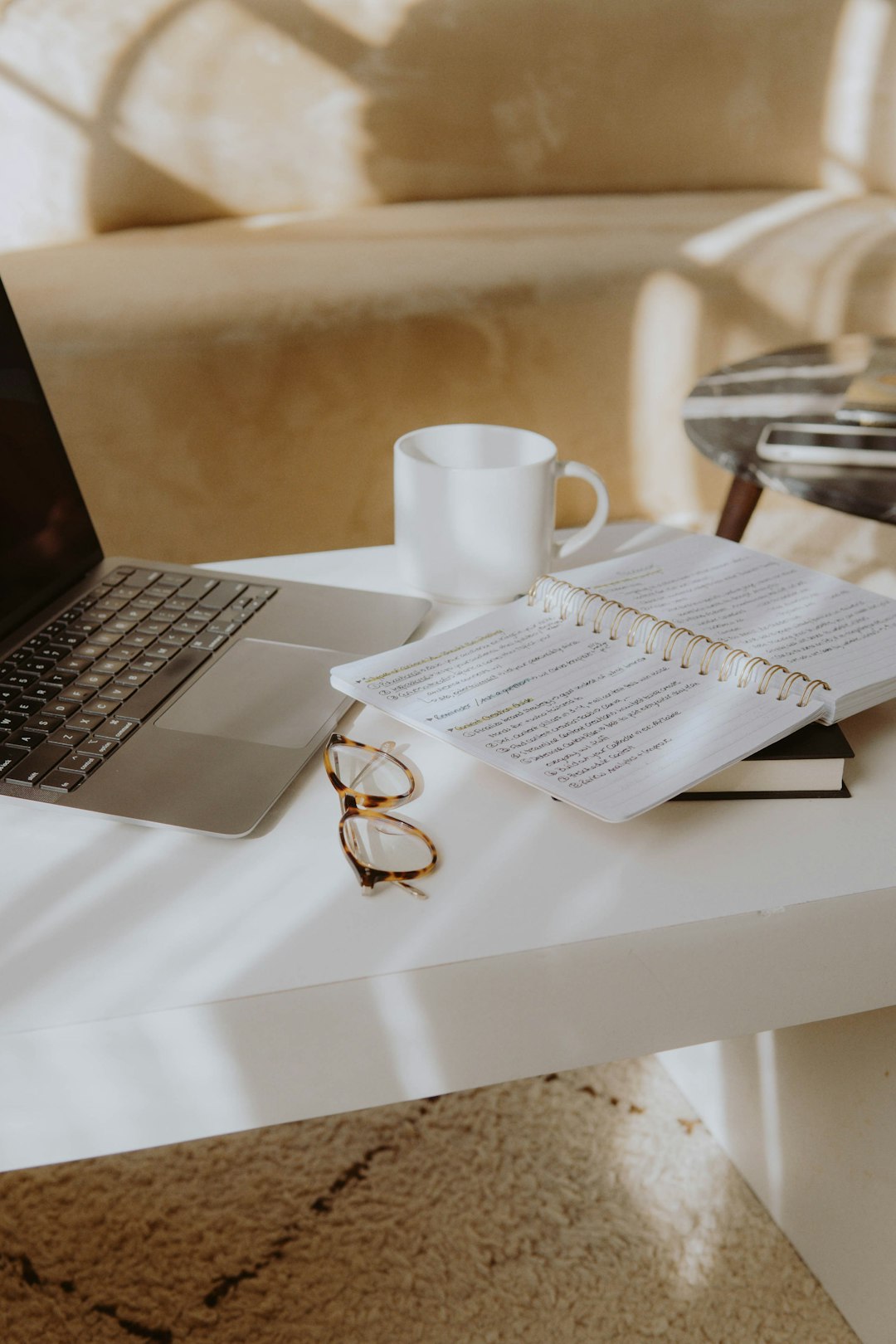


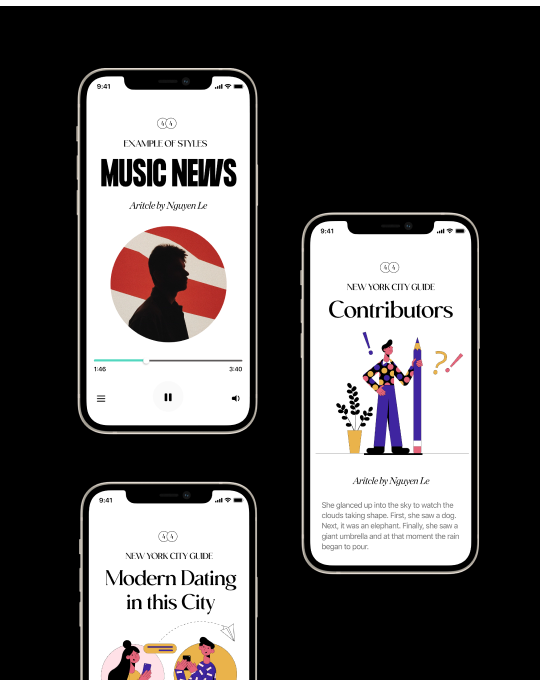


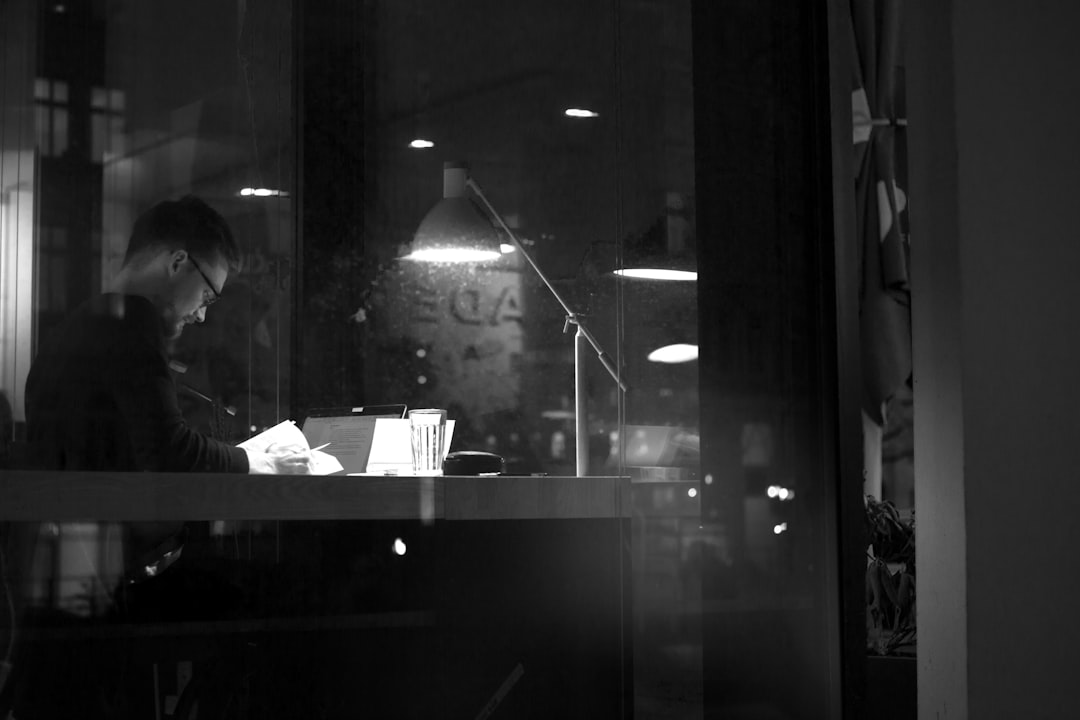

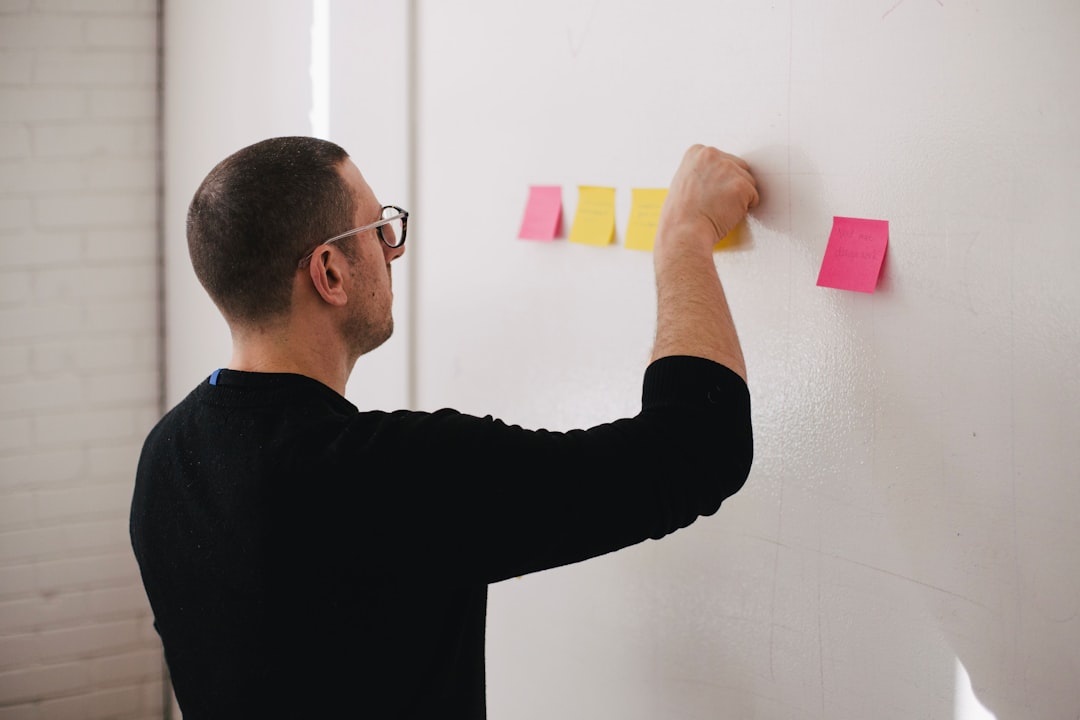
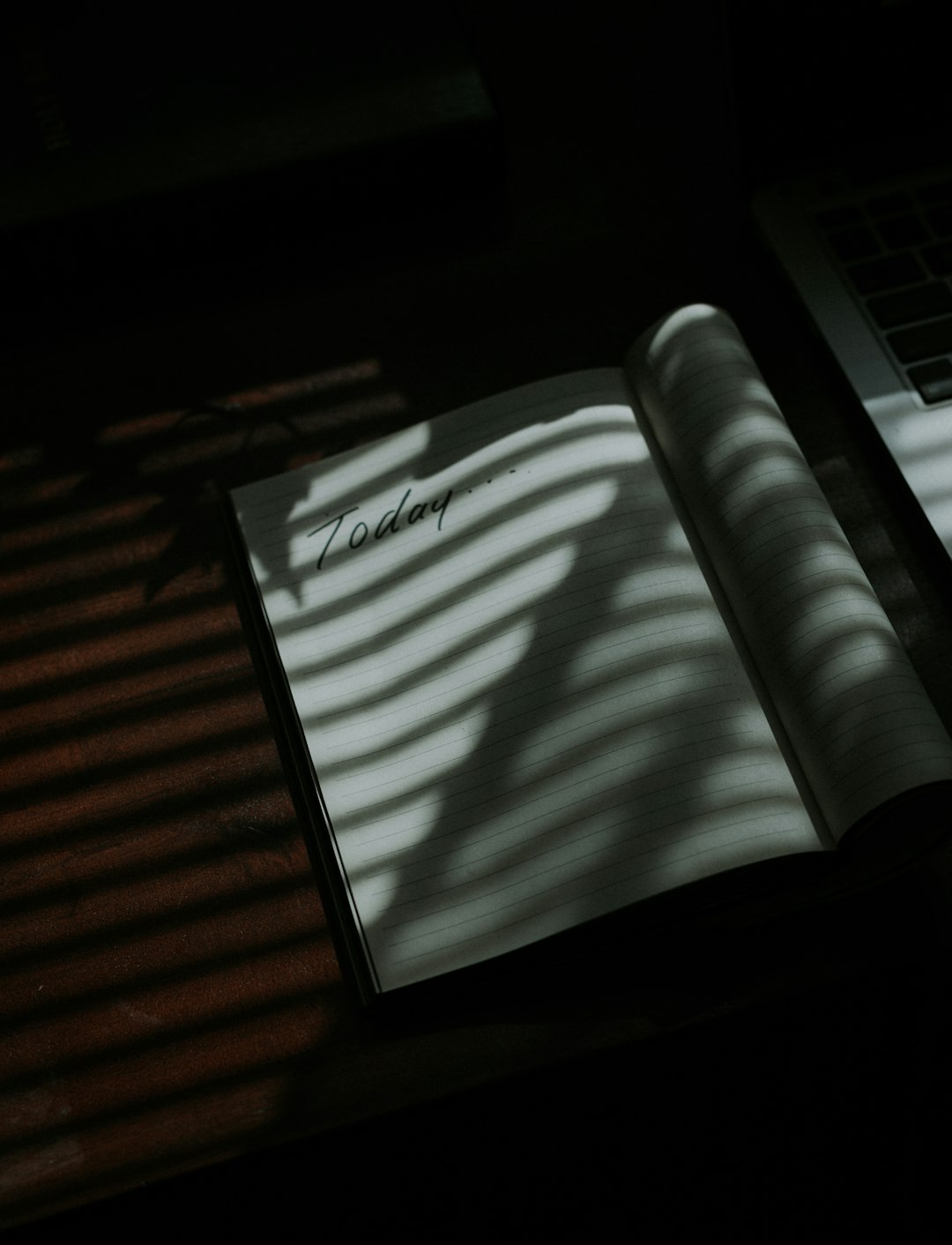
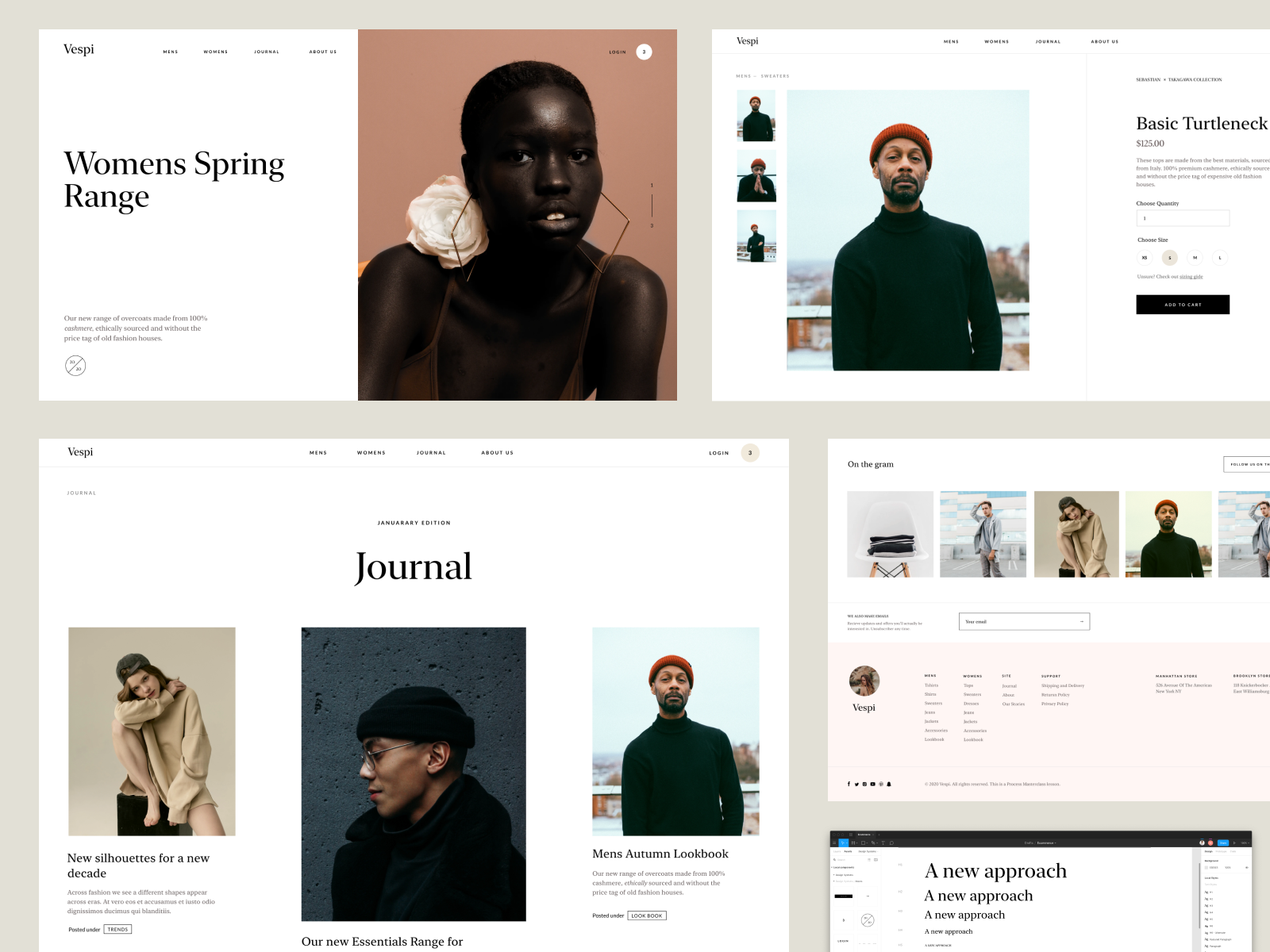

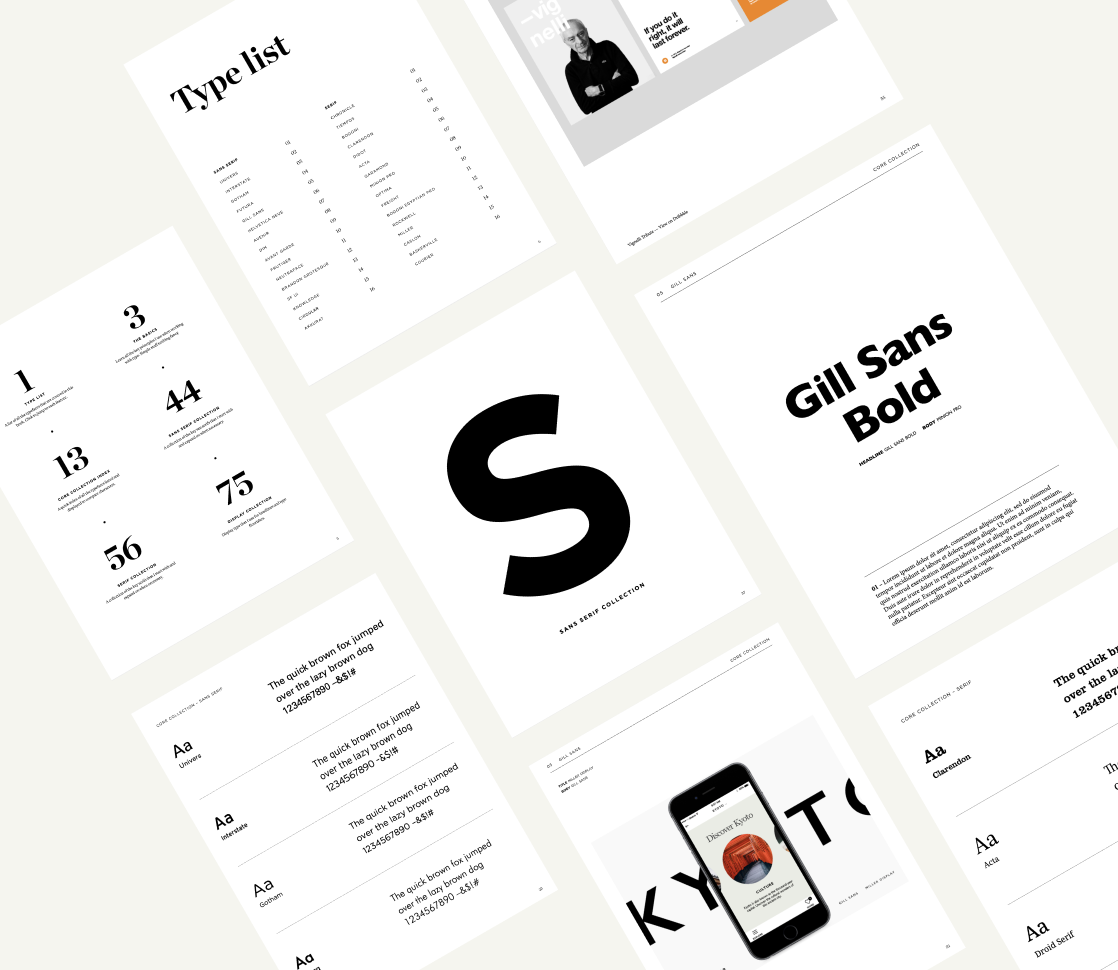
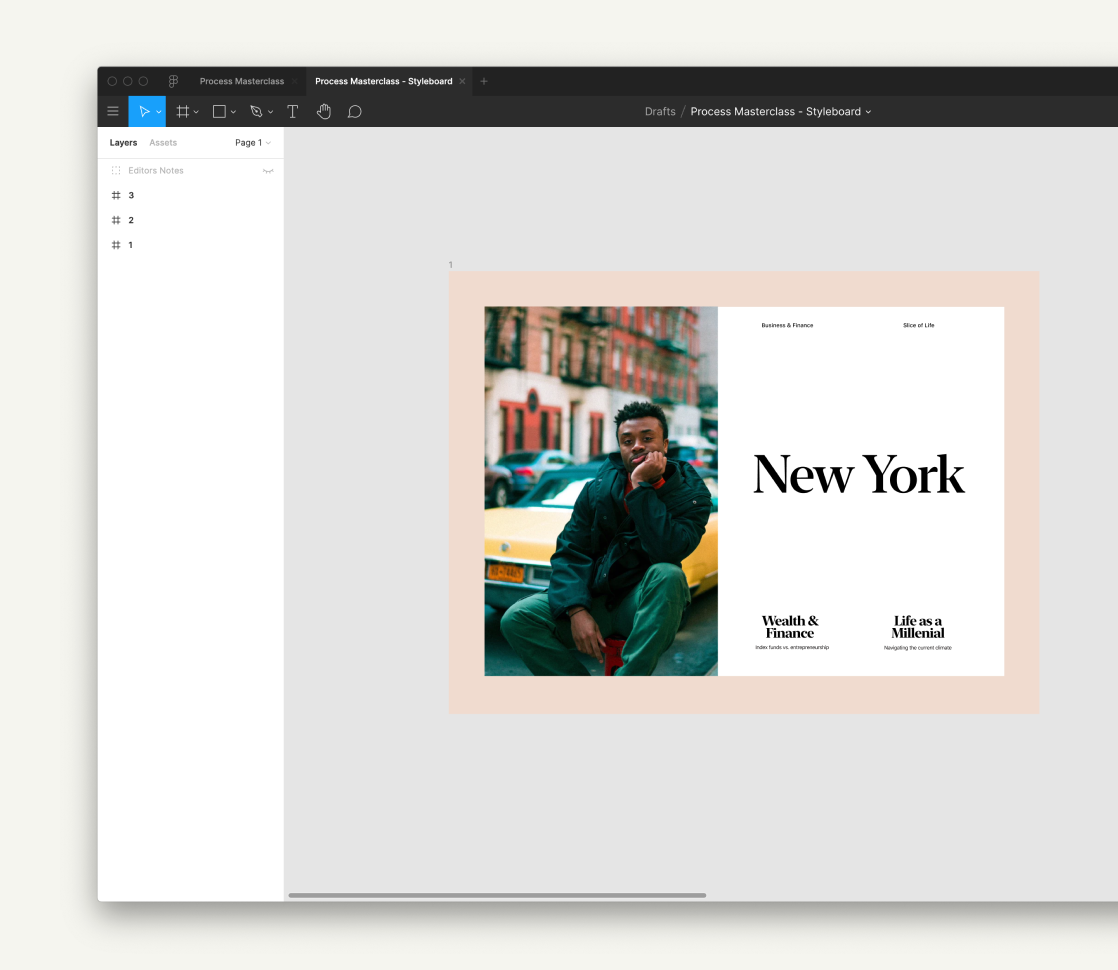
No Comments.